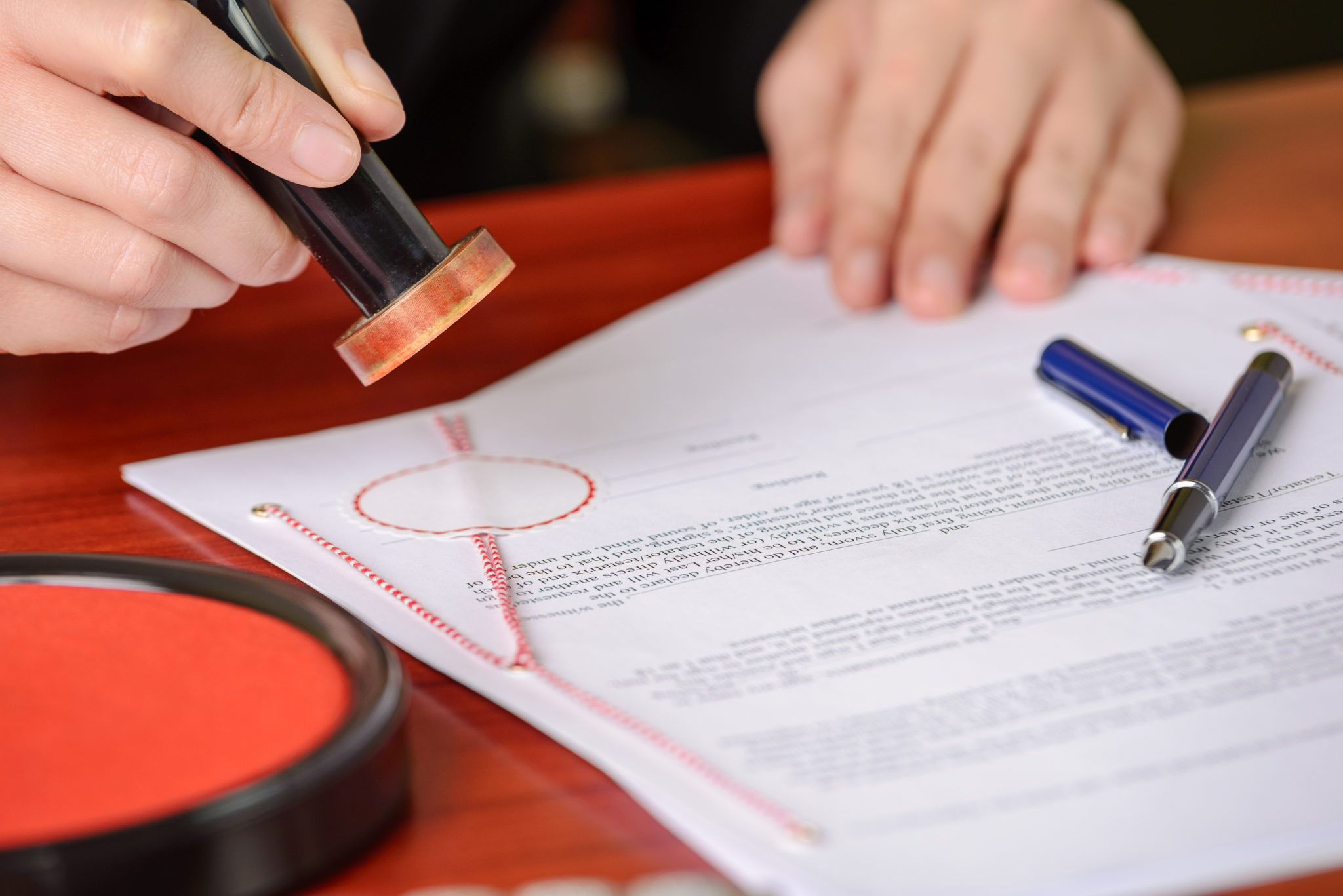Understanding the Importance of Apostille Certification and Why It Is Essential for Lawful Papers
Amongst the various systems available for this function, apostille qualification stands out as a structured and globally acknowledged approach. Understanding the ins and outs and effects of apostille qualification on legal records is necessary for individuals and companies involving in cross-border activities.
The Meaning of Apostille Certification
Apostille certification is a specialized form of verification that validates the authenticity of a lawful document for global use. This qualification is important for ensuring that papers coming from one nation are identified as legitimate in another, simplifying the procedure of cross-border purchases, legal proceedings, or individual issues like marriage or fostering. The Hague Apostille Convention of 1961 developed the structure for this streamlined certification procedure amongst taking part countries.
To acquire an apostille accreditation, the marked authority in the paper's country of beginning have to verify the document's authenticity prior to attaching the apostille. As soon as attached, the apostille makes sure that the paper will be approved as valid in any other country that is component of the Apostille Convention, without the requirement for more certification.
Benefits of Apostille for Legal Documents
The application of apostille qualification simplifies the worldwide recognition procedure for lawful papers, using substantial advantages in helping with cross-border engagements and legal rules. By attaching an apostille certification, the paper ends up being readily approved in countries that are component of the Hague Apostille Convention, getting rid of the requirement for further verification.
Furthermore, apostille certification improves the general efficiency of lawful procedures by streamlining the process of validating the authenticity of a document. This is particularly helpful in situations where time is of the essence, such as in legal matters needing quick cross-border actions. Furthermore, apostille qualification helps in promoting depend on and self-confidence among events associated with global purchases, as it works as a globally recognized seal of approval for the record's validity. In general, the advantages of apostille qualification for lawful files contribute in promoting smoother international interactions and ensuring compliance with legal demands throughout borders.
Apostille Vs. Legalization: Trick Differences
When distinguishing in between the processes of apostille qualification and legalisation for lawful records, it is essential to comprehend the crucial differences in their corresponding verification techniques. An apostille is a streamlined type of legalisation that is approved among nations that are component of the Hague Apostille Convention.
On the various other hand, legalisation is a more standard approach that involves numerous steps of authentication. It requires confirmation by numerous authorities, consisting of federal government divisions and foreign embassies or consular offices in both the providing and getting nations. This process can be a lot more taxing and pricey compared to getting an apostille. helpful site The choice between apostille qualification and legalization depends upon the specific needs of the country where the document will certainly be made use of. Understanding these distinctions is important for ensuring the proper authentication of lawful papers for global use.
Nations Accepting Apostille Qualification

While the Hague Apostille Convention has actually considerably simplified the process of cross-border paper verification, there are still nations that are not event to the convention - Houston TX Apostille. Therefore, documents predestined for these countries might require typical legalization treatments via consulates or embassies. It is critical for people and businesses managing international purchases to validate the specific demands of the destination nation to make sure compliance with their lawful requirements
Steps to Obtain Apostille for Papers
To obtain an apostille for your papers, you need to begin by determining the ideal releasing authority in your nation. Once you have actually determined the appropriate authority, the next step is to ensure that your paper meets all the needs for apostille qualification.
After validating that your file fulfills the criteria, you will certainly need to complete an apostille application type offered by the releasing authority. This form will need details about the document being verified and the country where it will certainly be used. Along with the completed application, you will likely require to send the original paper, a copy of your identification, and any relevant fees.

Final Thought
In conclusion, apostille qualification plays a critical role in making certain the their website authenticity and validity of legal click here for more info records for international use (Houston TX Apostille). Recognizing the value of apostille qualification is necessary for people and organizations navigating the intricacies of legal matters and cross-border transactions. By getting apostille qualification, parties can streamline the procedure of paper verification and verification, eventually saving time and resources in the international arena
To get an apostille qualification, the designated authority in the paper's country of beginning should verify the record's credibility before affixing the apostille. Once attached, the apostille ensures that the document will certainly be accepted as valid in any various other nation that is part of the Apostille Convention, without the need for additional accreditation.
By connecting an apostille certificate, the document becomes readily approved in nations that are part of the Hague Apostille Convention, getting rid of the requirement for additional verification.Distinguishing in between apostille qualification and legalisation exposes the differing approval of these authentication approaches across various countries, with some countries specifically identifying and adhering to the apostille procedure. The apostille certification is widely approved among nations that are part of the Hague Apostille Convention, which presently has 118 participant states.